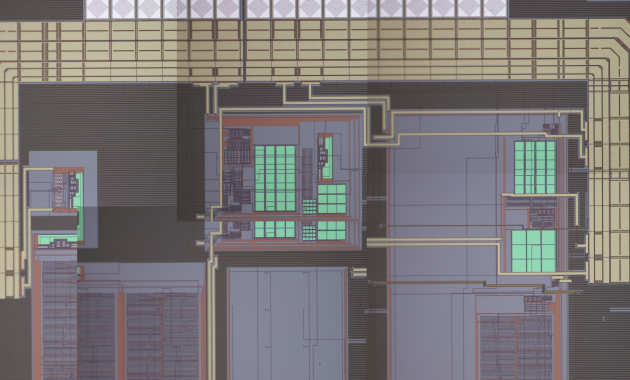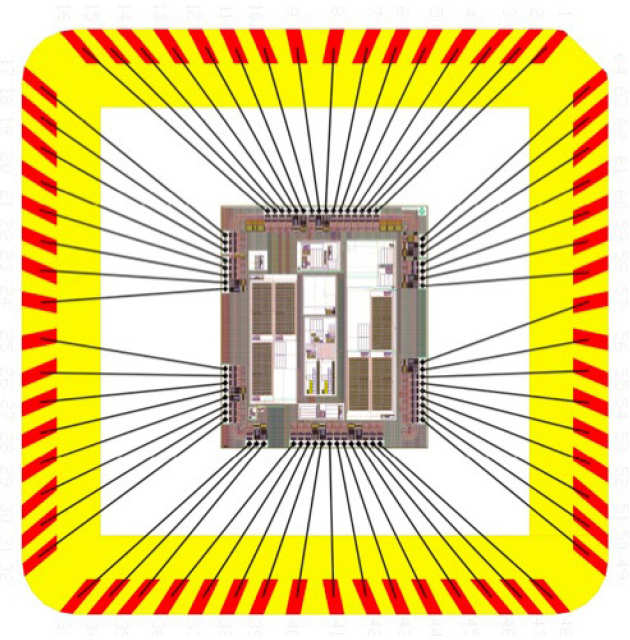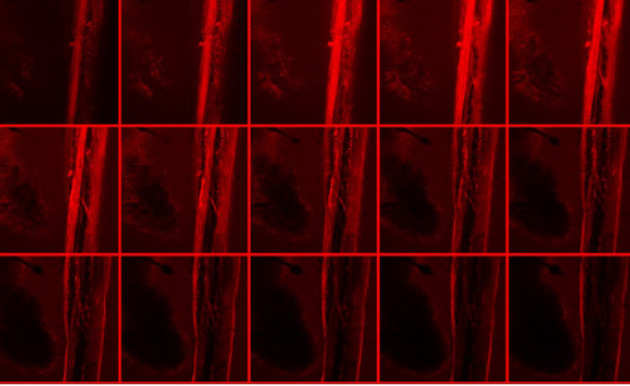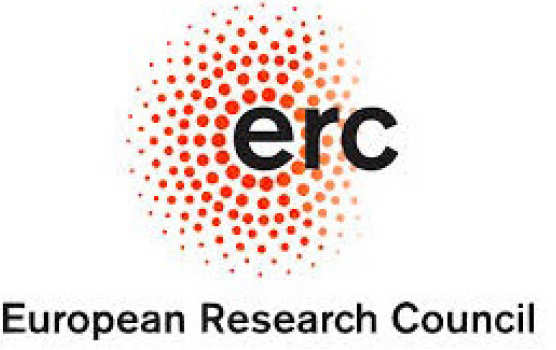The i2MOVE project is about tackling obesity. Classified by the World Health Organization (WHO) as one of the major health challenges of the 21st century, it is now a global pandemic.
Obesity is one of the leading causes of death, ahead of malnutrition and infectious diseases. Being overweight or obese increases the chances of suffering from conditions such as diabetes, cancer, cardiovascular disease, musculoskeletal disorders and depression; and its prevalence has doubled since 1980.
Today, more than 1.9 billion adults and 42 million children are overweight or obese worldwide - numbers which are only predicted to rise in the future.
Currently the most effective treatment for obesity is bariatric surgery, a procedure that can cause a dramatic reduction of excess weight. However this surgery is only recommended for extreme cases as it entails serious risks.
The number of bariatric operations performed by the NHS has increased dramatically to around 8,000 per year. However in the UK, where two-thirds of adults and one in ten children are obese or overweight, it is not economically feasible to perform bariatric surgery in all cases.
In this project, we are designing a bio-inspired implant that will serve as a novel treatment for obesity. The aim is to target the vagus nerve which transmits information between the gut and the brain. By stimulating the vagus nerve with electrical impulses, the implant will mimic the natural satiety signals produced after a meal, providing the patient with a means of appetite control.
Imperial College London 8 April 2013
Our research
 We are developing a new generation of neural interface to provide an innovative treatment for people who suffer from overweight and obesity.
We are developing a new generation of neural interface to provide an innovative treatment for people who suffer from overweight and obesity.
 The i2MOVE is about multidisciplinary research. The laboratories of lead experts Professor Chris Toumazou and Professor Sir Steve Bloom have joined efforts to tackle obesity through state-of-the-art neural interfaces.
The i2MOVE is about multidisciplinary research. The laboratories of lead experts Professor Chris Toumazou and Professor Sir Steve Bloom have joined efforts to tackle obesity through state-of-the-art neural interfaces.
The aim is to use obesity as a paradigm to develop the next generation of neural interfaces.
 By studying the role of the vagal system in the control of energy metabolism - understanding which nerve signals suppress or elicit food satiety - we can design efficient treatments for obesity.
By studying the role of the vagal system in the control of energy metabolism - understanding which nerve signals suppress or elicit food satiety - we can design efficient treatments for obesity.
We aim to develop an accurate system for detection, stimulation and recording of chemical and electrical changes in the vagus nerve in response to physiological stimulation of gut hormones and nutrients.
Contact us
Centre for Bio-Inspired Technology
Bessemer Building
Imperial College London
London SW7 2AZ
Related websites
 The i2Move Project is funded by the European Research Council (ERC) as part of a pioneering scheme - the Synergy Grants - that brings together multidisciplinary teams with complimentary skills and capacities to tackle major research challenges.
The i2Move Project is funded by the European Research Council (ERC) as part of a pioneering scheme - the Synergy Grants - that brings together multidisciplinary teams with complimentary skills and capacities to tackle major research challenges.
The ERC announced the first call of the Synergy Grant scheme on 2012, where only 11 out of 700 applications where selected for funding. The i2Move Project was the only project working in a technological solution for metabolic dysfunction.
ERC: Research Information Centre 16 May 2013
New Treatment May Lead to Fighting Obesity and Diabetes
ERC 9 April 2013

